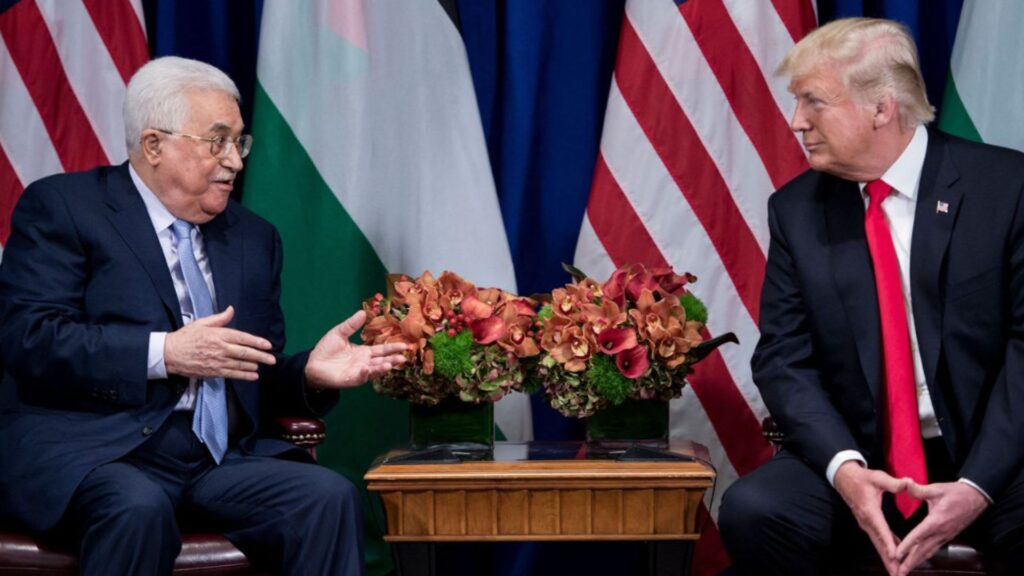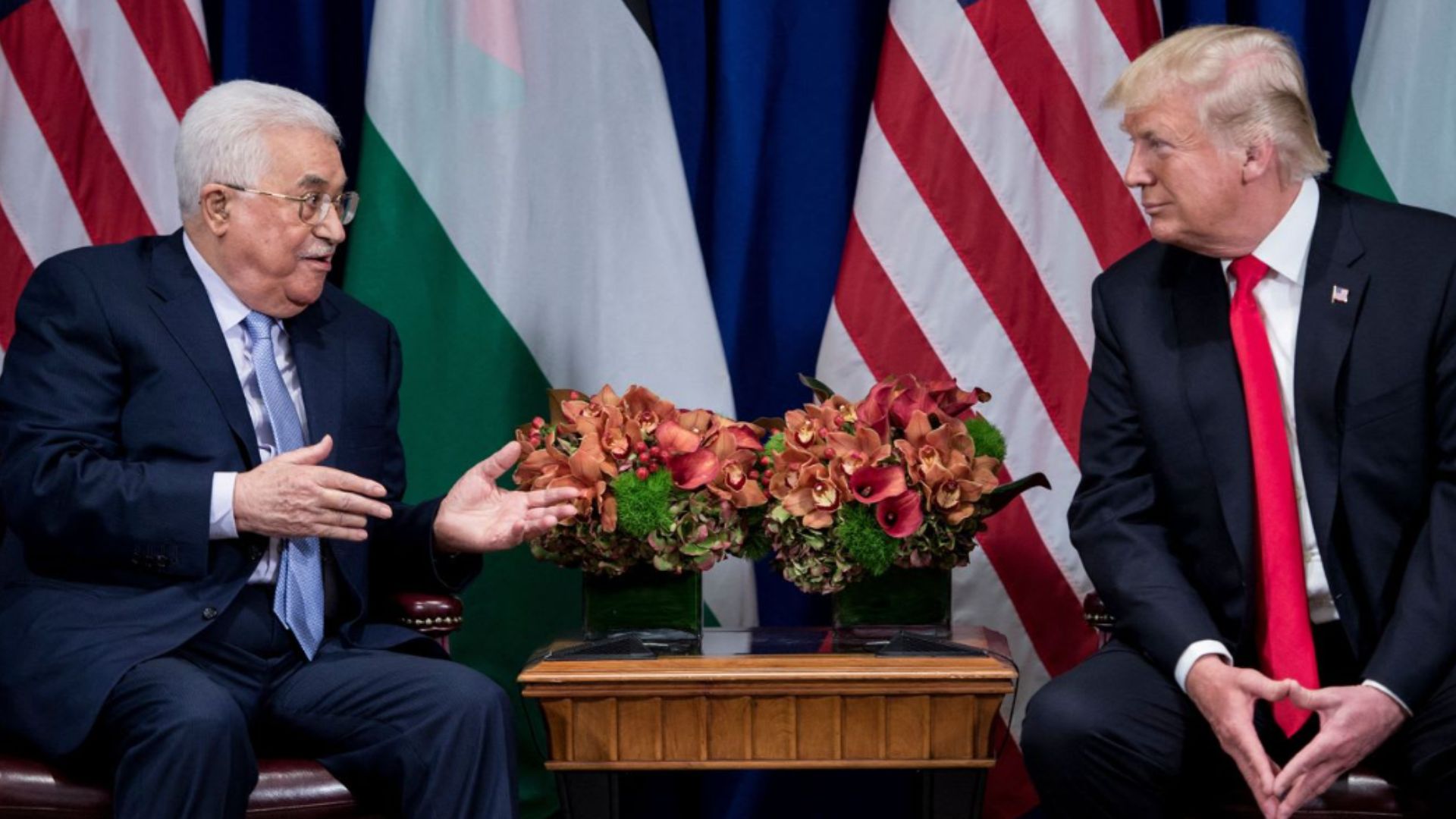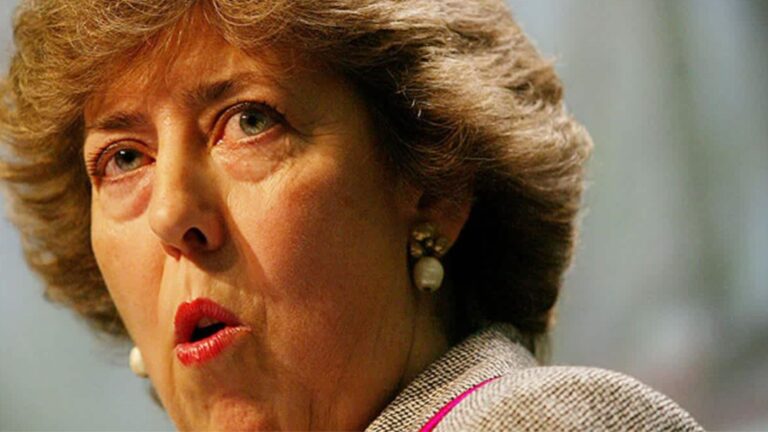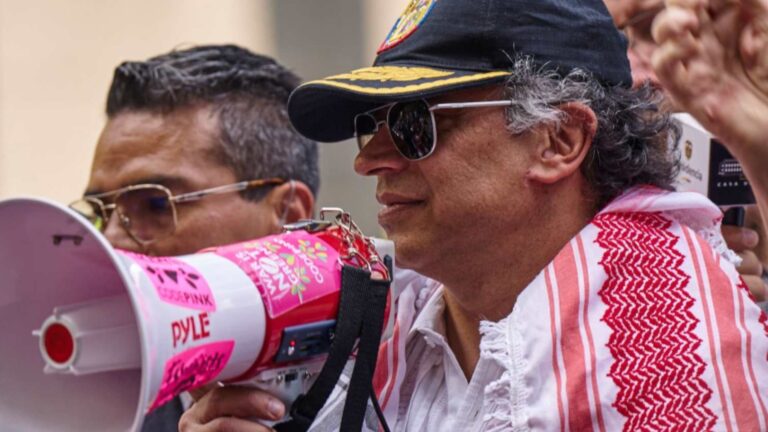The UN General Assembly voted Friday to resume a high-level international conference on the two-state solution for Palestine on September 22, marking a diplomatic push that has drawn sharp opposition from the United States and Israel amid the ongoing Gaza war.
The Saudi Arabia-proposed oral decision to revive the “High-Level International Conference for the Peaceful Settlement of the Question of Palestine and the Implementation of the Two-State Solution” was adopted during the Assembly’s 80th session. The conference had been suspended on July 30 after its initial convening during the summer.

US and Israel Reject Participation
Both the United States and Israel immediately disassociated themselves from the decision, declaring they would not participate in the conference. Ting Wu, deputy political counselor of the US mission to the United Nations, said her country opposes the conference and “the resolution that mandated it”.
The Trump administration has taken unprecedented steps to block Palestinian participation, revoking visas for Palestinian President Mahmoud Abbas and approximately 80 other Palestinian officials ahead of the UN General Assembly. This marks the first time since the 1980s that the US has prevented a Palestinian leader from attending the annual gathering.
Secretary of State Marco Rubio justified the visa restrictions by claiming Palestinian officials were undermining peace efforts and pursuing “unilateral recognition of a hypothetical Palestinian state”. The State Department accused the Palestinian Authority of failing to condemn the October 7 Hamas attacks and engaging in “lawfare” campaigns against Israel.
International Recognition Movement Gains Momentum
The conference’s resumption coincides with a growing international movement to recognize Palestinian statehood. French President Emmanuel Macron announced in July that France will formally recognize the State of Palestine at the UN General Assembly in September, making France potentially the first G7 nation to take this step.
Macron emphasized that France’s decision stems from “its historical commitment to a just and lasting peace in the Middle East” and represents support for Palestinians “who have chosen non-violence” over Hamas. The French president co-chairs the September 22 conference with Saudi Crown Prince Mohammed bin Salman.
Several other nations, including Canada, the United Kingdom, Malta, and Australia, have indicated they may also recognize Palestinian statehood during the General Assembly. A “New York Call” declaration signed by 15 countries in July described recognition of Palestine as “an essential step towards the two-State solution”.
Conference Aims and Expectations
Saudi representative Abdulaziz Alwasil, speaking on behalf of Saudi Arabia and France, described the initiative as “a reflection of our shared commitment to uphold international law and relevant UN resolutions”. He emphasized that “the situation on the ground in Palestine has never been more dire”.
The resumption during the General Assembly’s high-level week is designed to attract more heads of state and government to attend the event. A previous conference in July produced a declaration outlining a 15-month plan for establishing a demilitarized, sovereign Palestine.
Despite the momentum, uncertainty remains over Palestinian representation. With Abbas barred from entering the US, it is unclear whether Palestinian officials will be able to participate in person in the conference they helped inspire.













Thanks for sharing. I read many of your blog posts, cool, your blog is very good. https://www.binance.com/ar/register?ref=PORL8W0Z